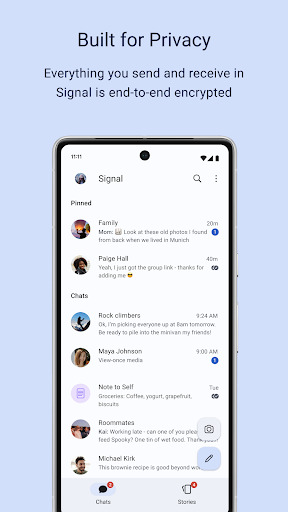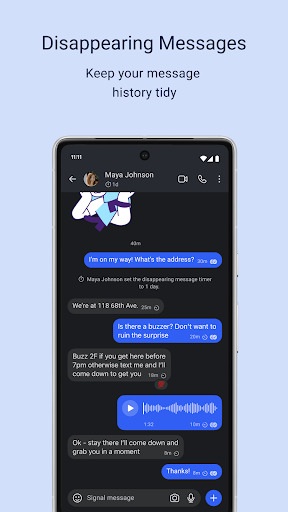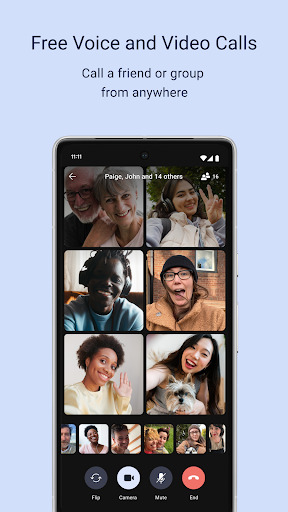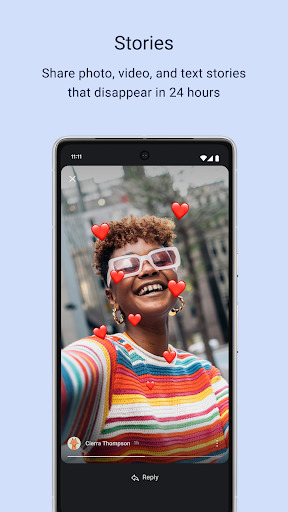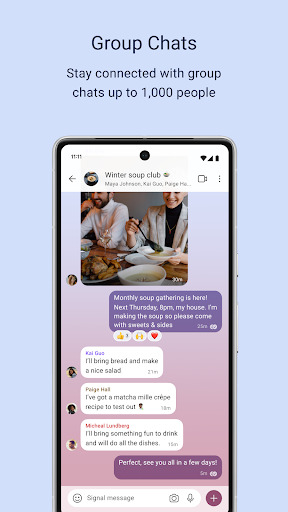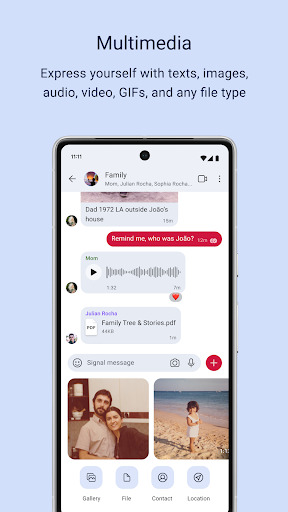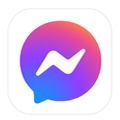Popular Now
The Origins of Signal Private Messenger
Signal was launched in 2014 by Open Whisper Systems, founded by Moxie Marlinspike. The app was built on the foundation of secure messaging, utilizing the Signal Protocol to provide end-to-end encryption. This focus on privacy has attracted millions of users globally, including privacy advocates, journalists, and even high-profile figures like Edward Snowden.How Signal Works: A Technical Overview
Signal uses end-to-end encryption, ensuring that only the sender and recipient can read the messages. The app's encryption protocol, known as the Signal Protocol, is highly regarded and has been adopted by other messaging platforms like WhatsApp and Facebook Messenger. This secure technology makes Signal a trusted platform for private communication.Key Features of Signal Private Messenger
Signal offers a range of features designed to enhance user privacy and communication experience:- Disappearing Messages: Users can set messages to disappear after a specified time.
- Screen Security: Prevents screenshots from being taken within the app.
- Sealed Sender: Masks the sender's identity from Signal's servers.
User Experience: What Makes Signal Stand Out
Signal Private Messenger is lauded for its simplicity and ease of use. The app has a clean interface, making it easy to navigate for users of all tech levels. Despite its strong security features, Signal doesn’t compromise on usability, offering a seamless messaging experience that rivals other popular platforms.Privacy and Security: Why Signal is Trusted by Millions
Signal’s commitment to privacy is unparalleled. The app doesn’t store user data, and all communications are encrypted, meaning even Signal can’t access the content. This approach has earned Signal a reputation as one of the most secure messaging apps available, making it the preferred choice for users who need to keep their conversations private.A Detailed Review of Signal Private Messenger
In this section, we provide a review of Signal Private Messenger: Pros:- Strong encryption and privacy features
- Open-source code for transparency
- No ads or tracking
- Limited customization options
- Smaller user base compared to other messaging apps
- Occasional lag in message delivery
Signal’s Role in Activism and Journalism
Signal has become a crucial tool for activists and journalists who need to protect their communications from surveillance. Its end-to-end encryption ensures that sensitive information remains secure, making it an essential app for those in high-risk professions.Signal vs. Other Messaging Apps: A Comparison
When comparing Signal Private Messenger to other apps like WhatsApp, Telegram, and Facebook Messenger, Signal stands out for its privacy features. Unlike its competitors, Signal doesn’t collect metadata or use it for targeted advertising, offering a more secure and private messaging experience.Challenges and Criticisms of Signal Private Messenger
Despite its many strengths, Signal is not without its challenges. The app has a smaller user base, which can make it less appealing for those looking for a more social experience. Additionally, while Signal’s focus on privacy is a strength, it may not appeal to users who prioritize customization and multimedia features.The Future of Signal: What Lies Ahead
Signal is expected to continue evolving, with plans to introduce more features while maintaining its core focus on privacy. As the demand for secure communication grows, Signal is well-positioned to remain a leader in the field of private messaging.Conclusion Signal Private Messenger offers a robust platform for secure communication, prioritizing privacy without sacrificing usability. For those who value their privacy, Signal is an indispensable tool, providing peace of mind in an increasingly connected world.
-
Developer
Signal Foundation
-
Category
Communication
-
Version
6.30.4
-
Downloads
100M
Pros
👍 1. Enhanced privacy and security: Signal Private Messenger is known for its strong encryption protocols, ensuring that all communication and shared media remains private and secure. It is designed to protect users against interception, data breaches, and other security threats.
👍 2. Open-source and transparent: Signal is an open-source platform, meaning that its source code is freely available and can be viewed and audited by anyone. This transparency helps ensure that there are no hidden backdoors or vulnerabilities, making Signal a highly trustworthy and reliable messaging app.
👍 3. Cross-platform compatibility: Signal is available for both Android and iOS devices, allowing users to communicate seamlessly across different platforms. This versatility ensures that you can stay connected with friends, family, or colleagues regardless of their device preference, making it a convenient and accessible messaging app.
Cons
👎 1. Limited user base: Although Signal is gaining popularity, it still has a relatively small user base compared to more widely used messaging apps like WhatsApp or Facebook Messenger. This can be a limitation as it restricts the number of people you can communicate with through the app.
👎 2. Lack of advanced features: Signal focuses primarily on security and privacy, which means it may lack some of the advanced features found in other messaging apps. For example, it may not have a wide range of emojis or multimedia options like stickers or GIFs.
👎 3. Inconsistent reliability: While Signal is generally reliable, there have been occasional reports of messaging delays or failed message deliveries. While these issues are not widespread, they can still be frustrating for users who rely heavily on instant and reliable messaging.
